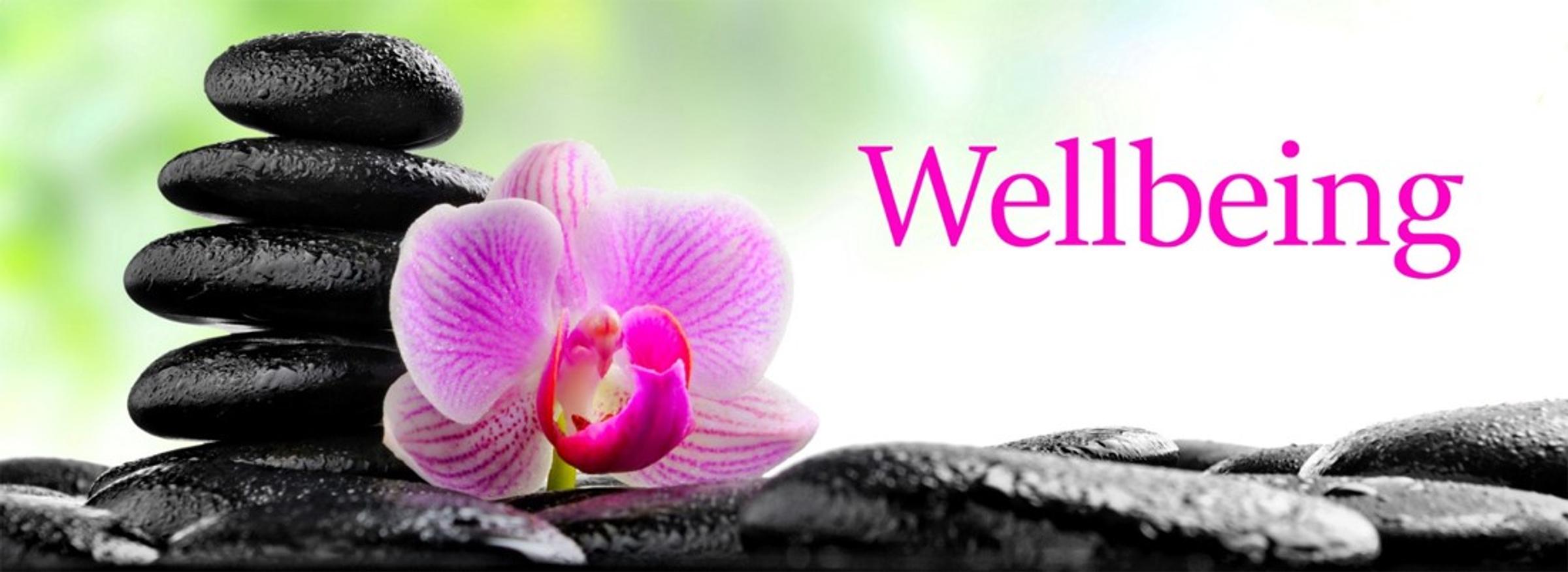Health Matters

Hygiene - Workplace & School
As we are in the winter months one of the most effective ways we have to protect ourselves and others from illness is good personal hygiene. This means washing your hands, especially, but also your body. It means being careful not to cough or sneeze on others, cleaning things that you touch if you are unwell, putting items such as tissues (that may have germs) into a bin.
PERSONAL HYGIENE
Personal hygiene, such as showering, is very much dependent on the culture in which you live. In some cultures, it is expected that you will wash your body at least every day and use deodorants to stop body smells. Other cultures have different expectations. It is an expectation that if you are working or attending school that you wash each day and use deodorant to stop body smells. You may need to wash twice a day depending on the type of physical activity that you have been attending.
Hair Washing: It is expected that you should wash your hair on a regular basis. Your hair can have a build-up of oil and bacteria which can become very smelly if not washed regularly. Adolescents can have additional oil production and may need to use an anti-dandruff shampoo if their scalps are flaky.
Shaving: Personal hygiene includes shaving of facial hair for males. In the workplace particularly the food preparation industry, facial hair is to be covered or removed to decrease risk of contamination of food.
Body Odour
Body smells are caused by a number of factors working in combination, this includes:
- Chemicals found in sweat, which are made by the body.
- Wastes excreted through the skin.
- The actions of bacteria that live on the skin and feed on dead skin cells and sweat.
- Unwashed clothes, such as underwear and socks.
Washing your Hands:
Most infections, especially colds and gastroenteritis, are caught when we put our unwashed hands, which have germs on them, to our mouth. Some infections are caught when other people’s dirty hands touch the food we eat. Hands and wrists should be washed with clean soap and water, using a brush if your fingernails are dirty. Dry your hands with something clean, such as paper towels or hot air dryers. You should always wash your hands:
- After using the toilet
- Before making or eating food
- After handling dogs or other animals
- If you have been around someone who is coughing or has a cold.
Dental Hygiene and Bad Breath:
Good dental hygiene includes regular brushing and flossing. Bad breath can be caused by diseases of the teeth, gums and mouth, such as infections. Most people have bad breath first thing in the morning because saliva is not made while you’re asleep. Some foods that can cause bad breath include garlic and onion. Mouth washes, mouth sprays and flavoured chewing gum can make your breath smell better for a while, but if you have a health problem in your mouth, you need to see your dentist. On attending school or the workplace to ensure that you have good dental hygiene ensure that you are brushing your teeth at least twice a day.
If you are unsure of whether you have a medical condition in regards to ongoing bad breath or body odour the School Nurse can assist you with any queries.
Taken from Mind Health Connect Website and Better Health Channel. For more information please access the below websites:
http://www.mindhealthconnect.org.au/building-healthy-relationships
https://www.betterhealth.vic.gov.au/health/healthyliving/family-conflict
Mark Metcalf
Adolescent Health
Headlice Information
Headlice can infest anyone at any time. Please check your child and read the information page for tips on treating and controlling.
